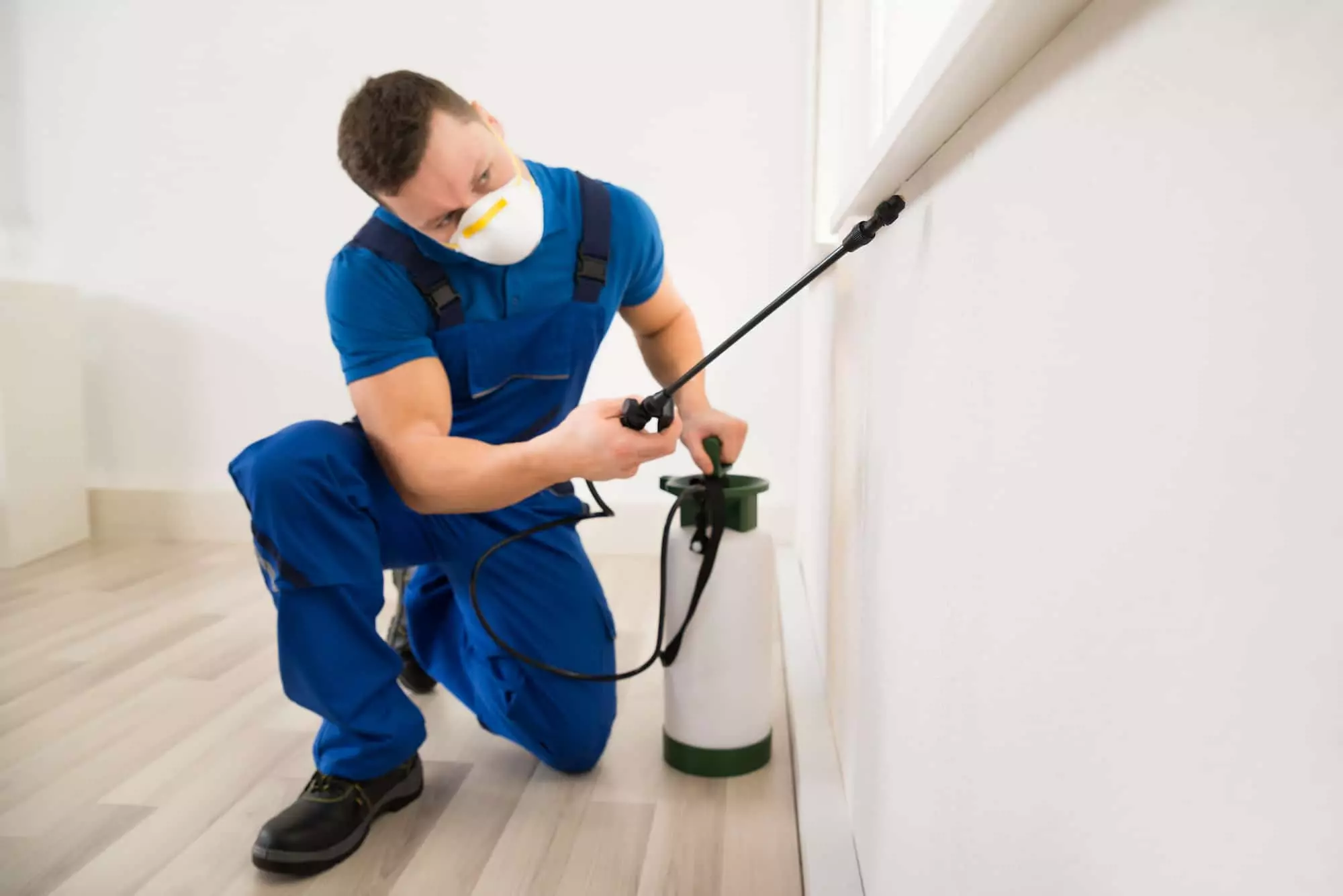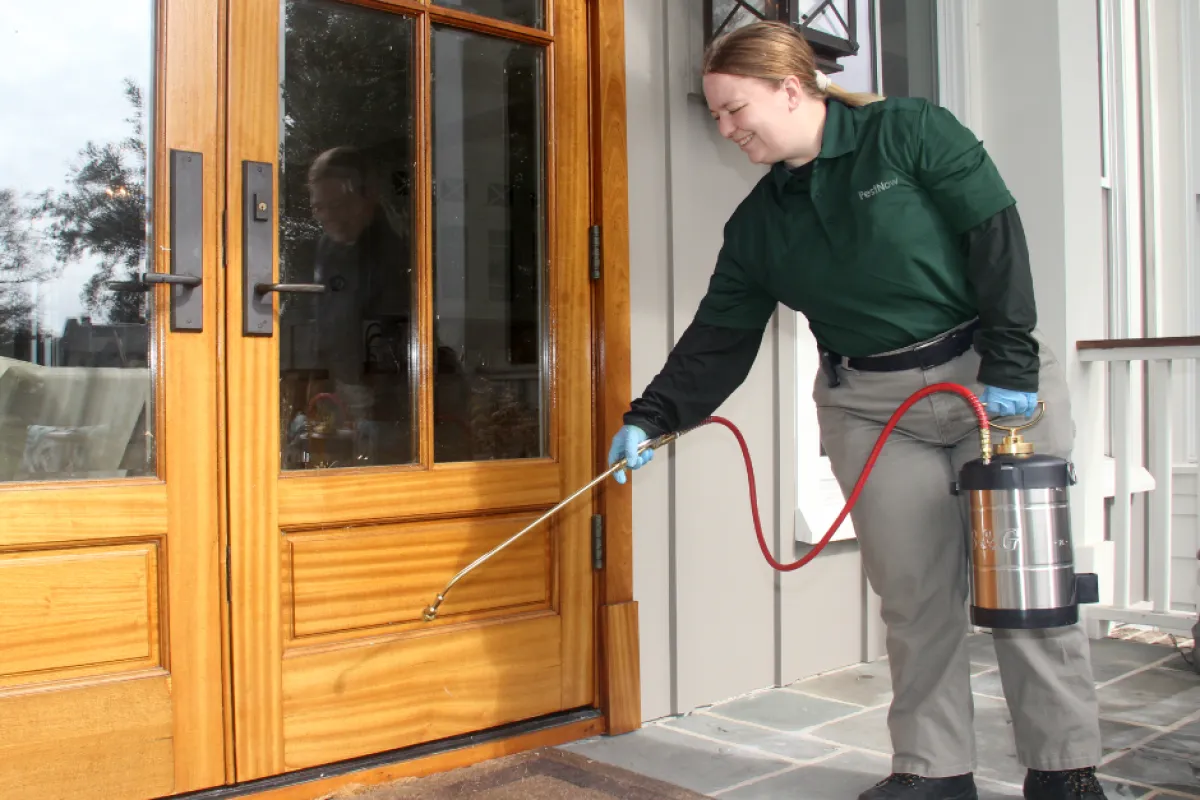Top Coquitlam Pest Control Solutions for a Rodent-Free Home
Top Coquitlam Pest Control Solutions for a Rodent-Free Home
Blog Article
Safe and Trustworthy Insect Control for Lasting Security
Effective pest management requires a diverse strategy that stabilizes eco-friendly integrity with the requirement for reliable parasite reductions. The nuances of these methods may not be quickly clear, motivating a closer examination of the practices that can lead to lasting bug control results.
Comprehending Bug Control Methods
Insect control includes a variety of methods aimed at managing and removing unwanted bugs and rats that can endanger both health and wellness and property. Comprehending these approaches is critical for effective bug administration.
The main categories of insect control techniques consist of mechanical, organic, and chemical methods. Mechanical approaches entail physical obstacles and catches to stop pest entry and capture undesirable varieties. As an example, making use of screens on windows or employing sticky traps can dramatically lower insect populations without introducing dangerous substances.

Chemical insect control is commonly the most recognized method, using pesticides to remove parasites. These chemicals can be effective yet need to be utilized with caution to stay clear of adverse impacts on non-target varieties and the setting.
Advantages of Eco-Friendly Solutions
Just how can eco-friendly solutions change insect control methods? The fostering of eco-friendly parasite control methods provides numerous advantages, substantially boosting the effectiveness and safety of pest administration.

Another benefit is the favorable influence on neighborhood biodiversity. Eco-friendly solutions are created to target particular pests while protecting valuable insects and wildlife, advertising a balanced community. This strategy straightens with the expanding consumer need for sustainable methods, improving the track record of insect control carriers.
Integrated Pest Management Strategies
The application of green options normally brings about the adoption of Integrated Parasite Monitoring (IPM) methods, which even more improve pest control effectiveness. IPM is a holistic method that combines several strategies to handle parasite populations while reducing environmental influence. This method emphasizes the usage of organic, cultural, mechanical, and chemical controls, guaranteeing a well balanced and lasting method of bug administration.
One fundamental aspect of IPM is the extensive analysis of bug task and ecological conditions. By monitoring parasite populaces and identifying their life cycles, specialists can implement targeted interventions that interfere with the insect's habitat or lifecycle, reducing reliance on chemical pesticides. Furthermore, cultural practices such as plant rotation and environment adjustment can substantially decrease insect establishment and reproduction.
Another critical component is making use of organic control agents, such as advantageous pests or microorganisms, which can normally subdue bug populations. When chemical applications are essential, IPM prioritizes using low-risk chemicals and applies them selectively, lessening exposure to non-target organisms and humans.
Incorporating IPM techniques not just improves parasite control effectiveness however also promotes a more secure environment, lining up with the growing need for sustainable techniques in insect administration.
Safe Practices for Property Owners
Understanding the importance of risk-free practices in bug control can equip home owners to efficiently manage bug issues while guarding their health and the atmosphere. Applying non-toxic methods and preventive actions is crucial in lessening exposure to hazardous chemicals.
House owners need to first examine their atmosphere for problems that bring in bugs, such as standing food, mess, and water waste. Frequently cleansing and securing access factors can discourage bugs from getting into the home. Using all-natural deterrents, such as essential oils or diatomaceous planet, can give efficient choices to chemical pesticides.
When chemical therapies are needed, homeowners must select products that are specifically labeled as safe for residential usage. It is important to follow application standards diligently to avoid too much exposure. Making description use of targeted therapies in locations where insects are identified, instead than covering splashing, can significantly decrease chemical usage.
Finally, keeping open interaction with bug control professionals is essential. Homeowners must make inquiries regarding the safety of products made use of and request environment-friendly options whenever feasible. By embracing these safe practices, house owners can develop a healthier living setting while effectively managing bug issues.

Tips for Long-Term Defense
Establishing a parasite administration technique that stresses long-term defense can greatly enhance the efficiency of the risk-free practices formerly talked about. To accomplish this, property owners must execute regular assessments of their residential or commercial property, concentrating on concealed areas such as attic rooms, cellars, and crawl rooms. Early detection of parasite task is important in avoiding invasions from holding.
These techniques minimize attractants that attract insects into the home. Sealing entry points, such as splits around doors and home windows, can successfully obstruct potential pest access.
Landscape design ought to also be considered; keeping plants trimmed and maintaining a range between greenery and the home minimizes concealing areas for insects. Utilizing all-natural deterrents, such as crucial oils or diatomaceous earth, can further inhibit invasions without resorting to severe chemicals.
Lastly, teaming up with an expert bug control service for routine evaluations can provide an added layer of safety and security. These experts can supply customized suggestions and progressed treatments, guaranteeing that your home remains secured against insects in the long-term.
Conclusion
To conclude, safe and dependable insect control needs a complex method that highlights environmentally friendly methods and integrated parasite administration. By carrying out all-natural deterrents, conducting routine evaluations, and maintaining appropriate hygiene, homeowner can considerably minimize pest populaces while protecting advantageous pests and the atmosphere. Cooperation with professional insect control services improves the performance of these strategies, making sure tailored solutions that provide long-term protection and assurance against future invasions.
Efficient pest administration needs a multifaceted approach that balances ecological integrity with the demand for efficient bug reductions. The adoption of eco-friendly pest control methods provides countless advantages, considerably improving the effectiveness and security of parasite monitoring.The execution of green remedies normally leads to the adoption of Integrated Insect find pest control near me Administration (IPM) strategies, which better boost parasite control efficiency. exterminator coquitlam. By keeping track of why not check here insect populations and identifying their life cycles, professionals can carry out targeted interventions that disrupt the parasite's habitat or lifecycle, reducing dependence on chemical pesticides.In verdict, safe and dependable bug control requires a complex technique that emphasizes green approaches and incorporated insect monitoring
Report this page